Many established but... not met the conditions
On September 19, Vietnam Prosperity Cryptocurrency Exchange Joint Stock Company (CAEX) was established with an initial capital of VND 25 billion, with the participation of VPBankS (11%), LynkiD Joint Stock Company (50%) and Future Land (39%). In which, VPBankS plays a leading role, mobilizing a team of blockchain, finance, cybersecurity experts and international consulting units.
Previously, in August 2025, the Military Bank (MB) also cooperated with Dunamu - the operator of the Korean digital asset exchange Upbit, to develop infrastructure, provide legal advice and train personnel.

In the securities industry, VIX Crypto Asset Exchange Joint Stock Company (VIXEX) was also established on August 26 with a capital of VND 1,000 billion, the main shareholders being VIX Securities (15%) and FTG Vietnam (64.5%).
A financial enterprise, HVA Investment Joint Stock Company (HVA Group), has just announced documents for the 2025 extraordinary general meeting of shareholders, in which it presented a series of strategic plans on increasing capital and expanding into "hot" areas such as digital assets. HVA Group plans to invest in Onuschain - a domestic blockchain technology enterprise, to establish the DNEX digital asset exchange with a capital scale of about 10,000 billion VND, mobilizing from strategic investors in each phase.
Although more and more units are participating in this new playground, initial information shows that most businesses establishing digital asset trading floors have not yet met the minimum capital requirements as prescribed by law. Accordingly, businesses must have a minimum charter capital of VND 10,000 billion, of which at least 65% is contributed by organizations and over 35% belongs to financial institutions. Therefore, up to now, no business has been licensed to operate a pilot digital asset market.
Focus on technology and human resources
With the capital requirement being 3 times higher than the minimum capital of commercial banks, many opinions say that this playground is almost only for the "big guys". A representative of VFS Securities Company commented that this condition will reshape the domestic crypto asset market game, limiting the playground. Small and medium-sized securities companies must change their roles, becoming ancillary service providers such as consulting and analysis in the ecosystem created by the "big guys".
In addition to charter capital, requirements on business results, management and technology are also major barriers for small businesses, especially startups. Only truly strong units with comprehensive ecosystems and superior technological capabilities are able to participate. This is also the reason why many digital asset service providers such as Coin98 Wallet and KyberSwap of Vietnamese startups have withdrawn from the market.

Many experts believe that Vietnam's choice to control the digital asset market from the beginning is the right direction in the testing process. The regulation that testing floors must have a domestic license, trade in VND and have a large charter capital, both ensures financial capacity and acts as a "filter" so that only truly serious organizations with enough potential can participate.
Regarding this, Mr. Phan Duc Trung, Chairman of the Vietnam Blockchain Association, commented that the biggest challenge facing the digital asset market today is human resources. The recent attack on Bybit, which caused a loss of 1.5 billion USD, is a typical example. Despite high liquidity and strong investment in security, the incident originated from people omitting some steps in the operating process. This is a basic type of attack that can happen to any organization, regardless of the level of security achieved.
Currently, there are tens of millions of Vietnamese people participating spontaneously, most of whom lack basic knowledge, creating significant risks. Therefore, it is necessary to quickly build a team of well-trained personnel with practical experience, from state management to market operations. If the human resource problem is not solved, no matter how complete the legal framework is, implementation in practice will still face many obstacles.
Mr. MICHAEL KOKALARI , Director of Macroeconomic Analysis and Market Research Department of VinaCapital:
New capital mobilization channel for the digital economy
The Vietnamese Government's piloting of a cryptocurrency exchange and the launch of NDAChain - Vietnam's national blockchain platform - are strategic moves to legalize transactions, increase tax revenue, and connect digital assets to the Vietnamese financial system.
If properly regulated, this market will not only help control ongoing transactions, estimated at over 100 billion USD per year, but also open up a new capital mobilization channel for the digital economy. Thereby, it will promote the tokenization process in Vietnam, that is, familiar financial assets (bonds, fund certificates, commercial invoices, carbon credits) will be issued and traded as digital assets on managed infrastructures linked to banks.
Associate Professor, Dr. Nguyen Huu Huan , University of Economics Ho Chi Minh City:
Building a diverse ecosystem
We should design a more open playground where fintechs can participate in a controlled, transparent but not overly constrained manner. The crypto-asset market should not stop at buying and selling, but must develop into a comprehensive ecosystem including DeFi (decentralized finance), peer-to-peer lending based on digital assets, real estate tokenization, carbon credits, and safe custody services to protect investors. Only such a diverse ecosystem can become a launching pad for Vietnamese startups to expand internationally.
Source: https://www.sggp.org.vn/ruc-rich-san-choi-tai-san-so-post814557.html




![[Photo] Action for the Community tells stories of enduring journeys – both intimate and great, yet quiet and determined](https://vphoto.vietnam.vn/thumb/1200x675/vietnam/resource/IMAGE/2025/11/15/1763179022035_ai-dai-dieu-5828-jpg.webp)














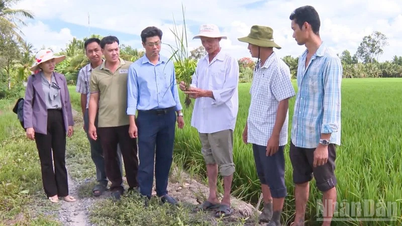













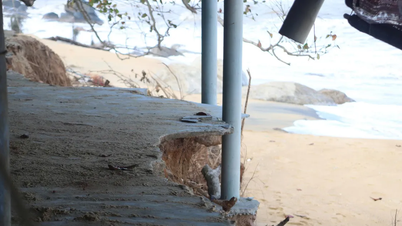

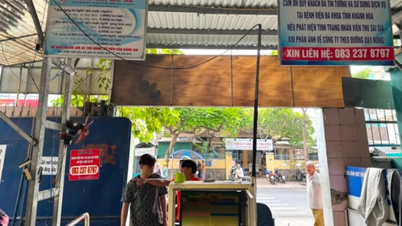











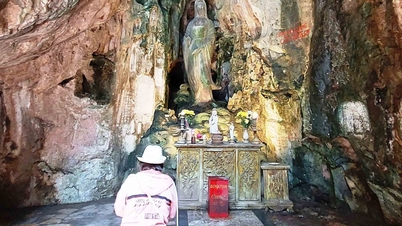





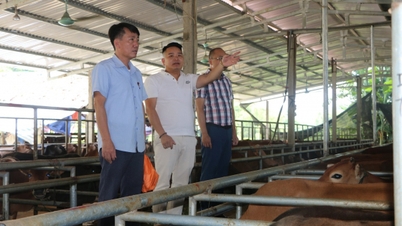





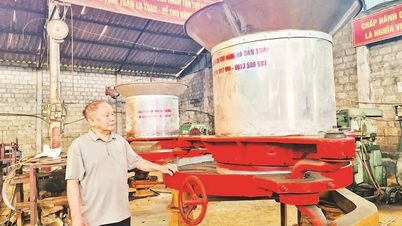




















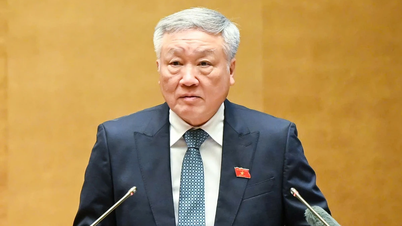














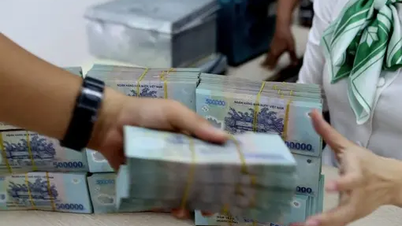













Comment (0)